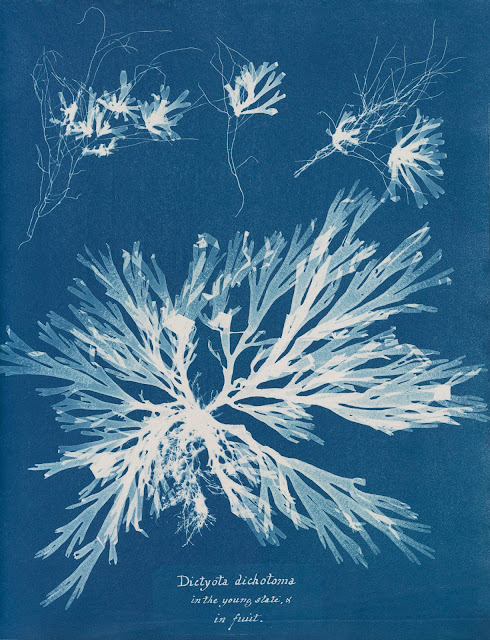6th Health and Justice Summit: safety with continuity i
My exposure to forensic - prison nursing is trivial in contrast to the emotions, policy, issues, contention and hence importance that just the word 'prison' provokes. This statement can can be summarised in one point that was made this afternoon. That is, how any duty of care to prisoners must be balanced with the public's perception* of what should and should not be done. The word important is a moot one when the the aim is to stress the risk of being forgotten. Prison health is surely in danger of being lost within the Russian doll of mental health. Mental health that was (still is?) also the Cinderella service of health care? I refer to history in celebration since while there was mention of pressure of staff, long shifts, not feeling valued, heightened risk there was no shroud waving. Attending today was refreshing in the expressed passion, pride and enthusiasm that I heard; even while some of slides showing older and newer prison interiors and rooms - cells - were sobering (as they are supposed to be*).
My forensic experience is limited to time as a student nurse, making numbers up, on Ward 17 at Winwick. Visiting a medium secure unit to liaise and 'communicate' about the National Programme for IT and co-writing a paper on the Hodges' model in forensic settings. I have long wondered about the model being used educationally with groups in primary care, looking at stress and vulnerability, resilience, staying well ... and perhaps more selectively with this population. A strength here is the model's use: explicit - explained and shared or used implicitly guiding the 'teacher' or (more properly?) facilitator. We invest in 'life story' interventions for people with dementia. What about the 'life stories' of prisoners? It not the matter of their life story, but their lack of understanding of that story? What tools are there to help make sense of their 'health career' the life chances encountered and experienced in their lives?
The keynotes this morning emphasised the facts and figures of the physical health of prisoners with severe mental illnesses [SMI] and the work of Equally Well. Amid many health problems the focus is upon obesity and smoking cessation.
Dr Alan Cohen from Equally Well, reported on surveys and analysis of national QOF data comparing the prevalence of people with SMI in ten long-term conditions. As per the summit website: “The physical health of those with a severe mental illness is held up as one of the last significant health inequalities. This presentation will explore some of the data that underpins that inequality. This will describe how it can be used to enhance services, through the development of a national learning network. Equally Well.”
There are plans for an evaluation phase of the work and other audits. Dr Cohen almost had me ask a question, with regards to some people having three health problems across least and most deprived populations. How can this be explained?
The second keynote c/o Stephen Watkins confirmed (for me) the history of mental health beds (below) and how ongoing studies and graphs can illustrate processes across prisons. How long do prisoners have to wait for mental health transfer and remission? Diagnoses, across gender, ethnicity and outcomes were also presented.
Today @NHSBenchmarking presented results from our national review of prison mental health transfers and remission. Findings include delays in the pathway in some areas, over representation of BAME groups, variations in prisoner location, & low remission rates— Stephen Watkins (@SteveWatkinsNHS) January 31, 2019
 |
| Stephen Watkins NHS Benchmarking |
 |
| Stephen Watkins NHS Benchmarking |
I will post soon on the workshops I attended. As is often found with satellite sessions the choice is difficult at times.
Tomorrow I must ask someone about 'social care' input. I have had cause to liaise with palliative care and local hospices recently, dementia and cancers. A question concerning a very literal form of 'in-reach' was asked for me. With four people to follow up with tomorrow, great organisation and day 2 to follow it will be a 'breeze' getting out of bed - even if that breeze is chilly...
| primary care | |
:::
Society: SOCIAL (care): Family interface ::::::
:::
| Prison Health -------------- INTERFACE ------------- Prison Service |
personal autonomy | OPEN door
CLOSED door
Mechanistic: 'Lock' 'Up'
Ability to step on the grass |
Family involement (What do they know?) | prison experience in-validates the 'person' narrows - restrains - autonomy |










 orcid.org/0000-0002-0192-8965
orcid.org/0000-0002-0192-8965